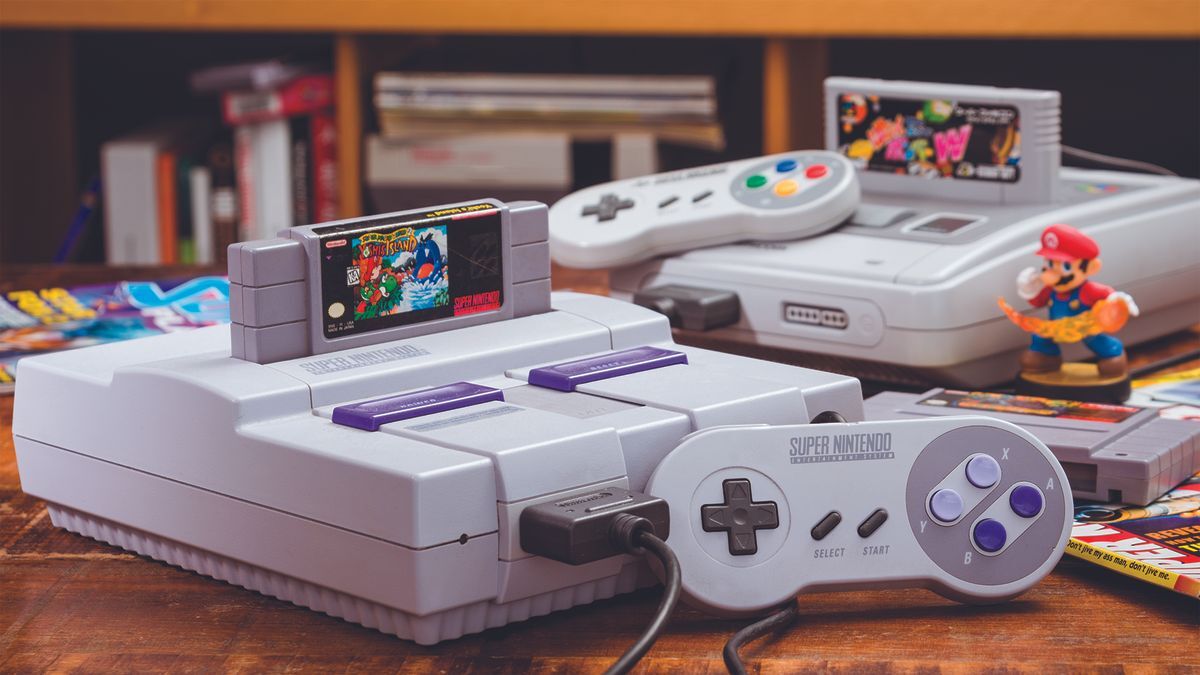- cross-posted to:
- libre_culture
- [email protected]
- [email protected]
- games
- cross-posted to:
- libre_culture
- [email protected]
- [email protected]
- games
A three-year fight to help support game preservation has come to a sad end today. The US copyright office has denied a request for a DMCA exemption that would allow libraries to remotely share digital access to preserved video games.
“For the past three years, the Video Game History Foundation has been supporting with the Software Preservation Network (SPN) on a petition to allow libraries and archives to remotely share digital access to out-of-print video games in their collections,” VGHF explains in its statement. “Under the current anti-circumvention rules in Section 1201 of the DMCA, libraries and archives are unable to break copy protection on games in order to make them remotely accessible to researchers.”
Essentially, this exemption would open up the possibility of a digital library where historians and researchers could ‘check out’ digital games that run through emulators. The VGHF argues that around 87% of all video games released in the US before 2010 are now out of print, and the only legal way to access those games now is through the occasionally exorbitant prices and often failing hardware that defines the retro gaming market.



They’re really in a bind though. Indie games are great because there are thousands of indie developers out there making games and we get to play any ones we want. All the indie games that fail don’t matter because we don’t need to pick the winner ahead of time.
AAA studios can’t operate this way because they can’t predict what will be a great game that everyone wants to play. The only leverage they have is that they can afford to hire a large team of artists to create all the graphics.
It’s really the same situation that Hollywood film studios are stuck in and the result is basically the same. Hollywood makes their MCU graphics extravaganzas and AAA studios makes their Call of Dutys.